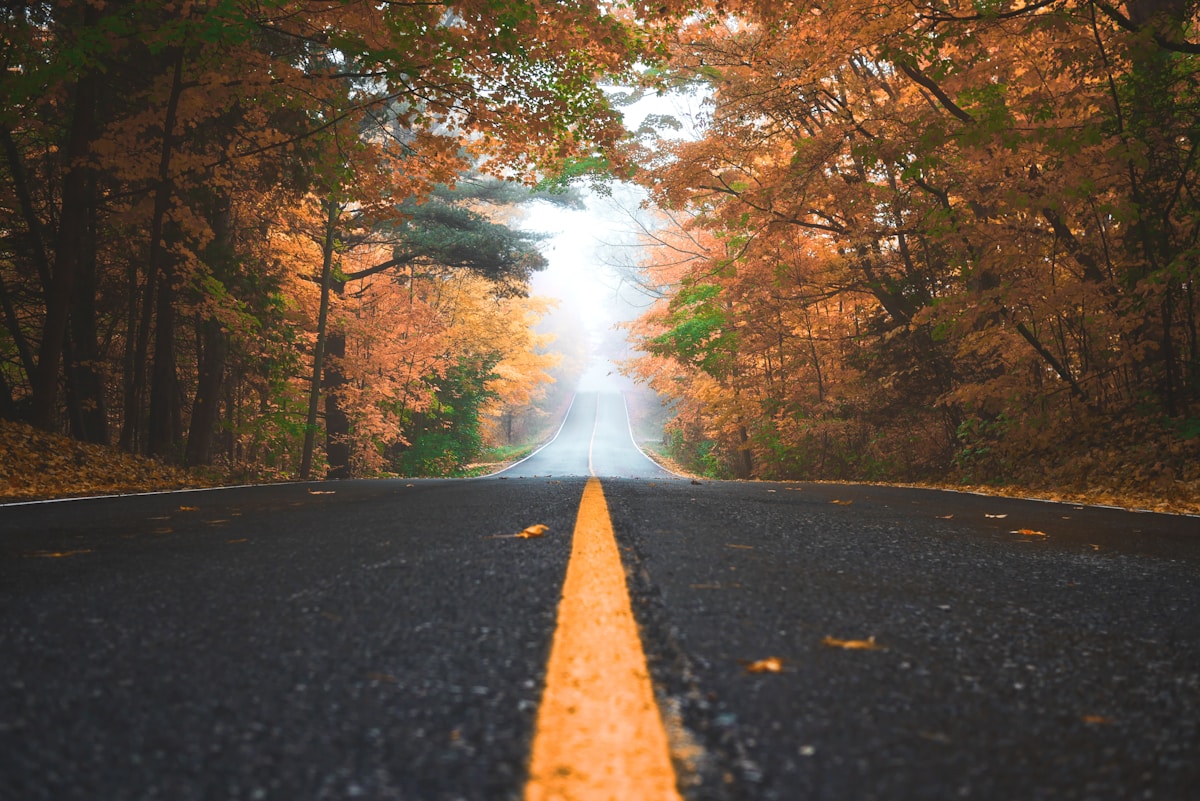Learn tomake all the right adjustments in your photography. Whether you are pursuing a career in photography or you simply enjoy the pleasure of taking a great family photo, the strategies contained in this article can take your pictures to the next level. Excellence is just around the corner.
Use a tripodfor maximum camera stability. For random shots of your kids or buildings, a bitof camera shake isn't a big deal, but for once-in-a-lifetime shots that really matter, a bit of camera shake can ruin a perfect memory. If a tripod is not available, try setting the camera on a flat surface.

If you knowthat you have a really important shoot the next day, make sure that you getample rest. Yes, a lack of sleep will directly result in loss of judgment, which will hurt the quality of the shots that you take. Get at least eight hours of rest the night before a photo shoot.
Be creativeand unique with your subjects. You don't want to take the same old photo everyother photographer has done. Look for unique shots that people haven't seen before. Choose interesting subjects that aren't going to bore anyone who sees them. If you want to make a name for yourself, this is essential.
A dSLR is anessential tool if you seek to take more professional photographs or toseriously embrace photography itself. The relatively new camera utilizes a single lens, yet allows you to preview the images right away. You should get a full-frame DSLR, as they have big image sensors and capture the most detailed shots.

Don't stayinside when the weather is bad. Although it's natural to think a sunny day isthe best time to grab the camera, overcast and rainy days provide an opportunity to get shots that would be hard to get at any other time. These weather conditions can give shots that would look neutral or cheery on a sunny day a dark and foreboding tone.
Photography,like other art forms, centers on creativity. However, creativity can best beharnessed by good information, education and strategy. Be as innovative as you can, but make sure you keep in mind your goals as you pursue your passion. By following the tips shared by Peter Salzano, you can learn to make the most of your natural talent, and turn aslew of amateur photos into a professional portfolio.
